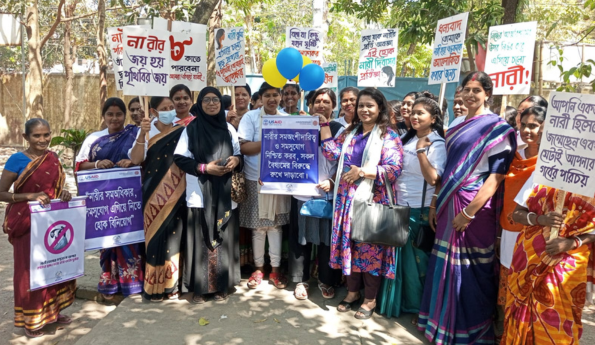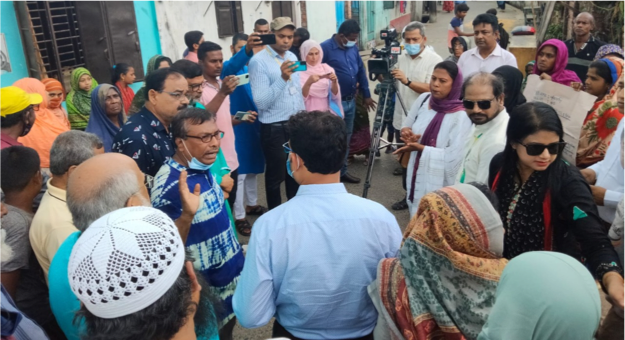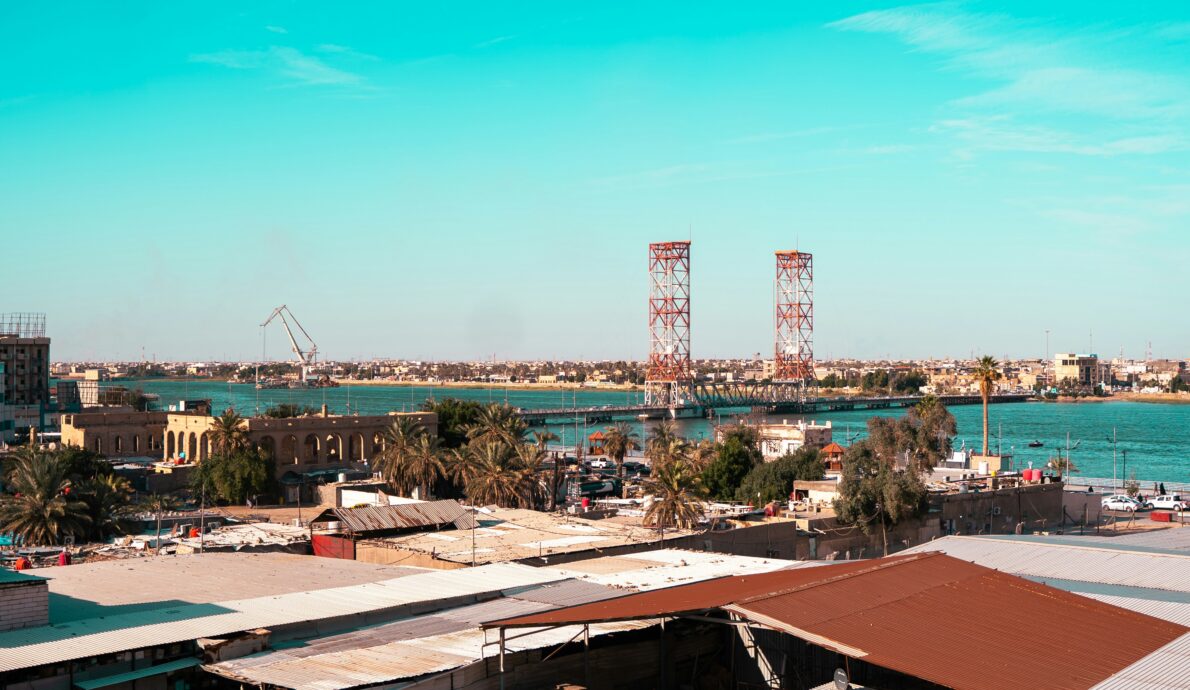Since 2018, Counterpart has been working to strengthen the enabling environment in Bangladesh, helping to foster and support an emerging and vibrant civil society. We partner with the government, civic leaders, and other key stakeholders to ensure all voices are heard and that community priorities are understood and turned into laws that positively impact all citizens, and particularly those who are most disadvantaged. In the lead up to the early 2024 parliamentary elections, Counterpart—through USAID’s Promoting Advocacy and Rights Activity— supported its partners in mobilizing 2,300 citizens in underrepresented communities to identify and share their priority issues with 217 political leaders and 46 parliamentary candidates for inclusion in campaign manifestos, resulting in 263 pledges of support. Following the election, Counterpart supported those same partners as they developed citizen-led advocacy plans, or roadmaps, that reflected both the priority issues of marginalized communities and the campaign pledges that had been made.
To ensure that these campaign promises turned into actionable policy, Counterpart then brought together over 100 civil society leaders and activists, marginalized community representatives, and local and national government officials in April in Dhaka to launch these new roadmaps aimed at improving public service delivery and advancing the rights of marginalized communities on priorities related to the environment.

Participants at the April 29th event in Dhaka.
A Model Approach to Governance
During the lively discussion, youth civic leaders presented their recommendations to improve planned urbanization and service delivery, sustainable solid waste management, and river pollution, and asked the policymakers for their support in implementing the recommendations. Young women leaders from the Dalit and cobbler communities called for the passing of the anti-discrimination and minority rights acts, establishing a platform in parliament to advance minority rights, and expanding access to social safety net benefits and programs for marginalized communities. Policymakers and decision makers then shared their thoughts on how best to implement the recommendations and ensure that the resulting policies would have true impact on the local community.
Counterpart’s vice president of programs, Gwen Appel, commented that the event illustrated the power of engaging diverse community groups in policy dialogue. “By focusing on environmental and urban development concerns,” she said, “I am hopeful that we can eventually broaden citizen discourse to tackle other downstream issues affecting livelihoods, health conditions—and ultimately, shape the next generation of global citizens.”
Saber Hossain Chowdhury, Minister of Environment, Forest and Climate Change, applauded Counterpart’s approach of connecting marginalized citizens with local and national policymakers as “a model approach to governance.” The minister recommended the establishment of a parliamentary caucus to move the recommendations forward and ensure that marginalized people are positioned to act as “torchbearers in creating solutions for Bangladesh.”
In his remarks at the event, USAID Mission Director Reed Aeschliman noted, “We strongly believe that good governance leads to greater prosperity. Upholding basic freedoms, fostering pluralistic dialogue, and advocating for the rights of all people will help catalyze faster economic growth in Bangladesh. Because it is only when you have the inclusion of all members of society that they can actively contribute to the sustainable development of the nation.”

USAID Mission Director Reed Aeschliman making remarks on April 30th at the Counterpart roundtable event.
For nearly 60 years, Counterpart has been proud to work alongside civic actors on the front lines protecting and strengthening democracy around the world. In Bangladesh, Counterpart has developed a viable paradigm for advocacy work in Bangladesh’s narrow civic space where diverse civil society stakeholders work in partnership with government counterparts to address social issues and improve governance. The Promoting Advocacy and Rights Activity has been uniquely successful in supporting local organizations to develop productive, solution-oriented advocacy strategies that support decision makers to fulfil their mandates with evidence-based policy recommendations.
For more information, please see some of the national media coverage of the event: Daily Star, Ekkator TV, BSS News, Prothom Alo, NTV, and Bdnews Bangla.






